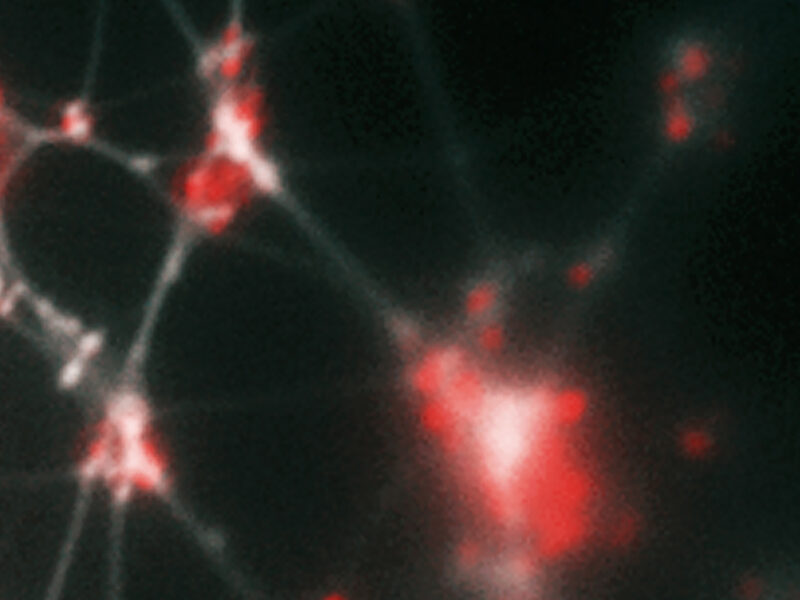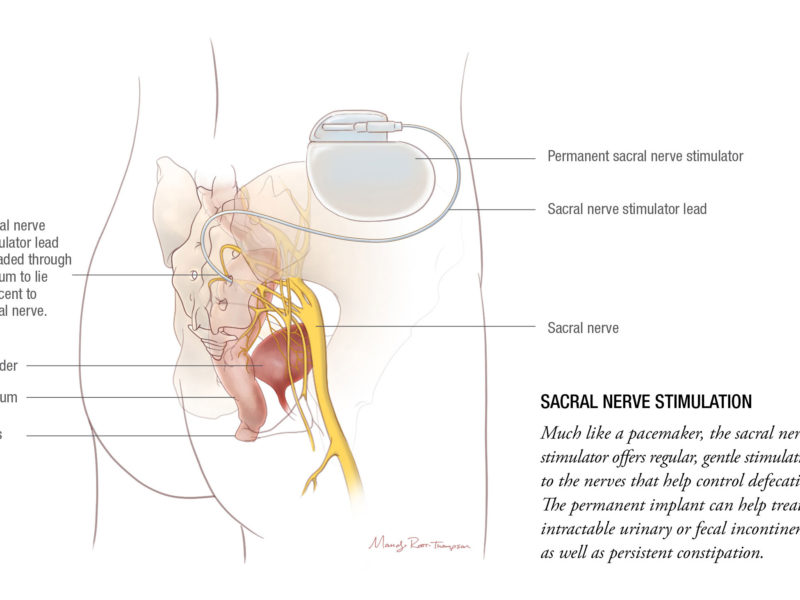Study Highlights Relationship Between SI Gene and Chronic, Idiopathic Loose Stool in Some Children
Study Highlights Relationship Between SI Gene and Chronic, Idiopathic Loose Stool in Some Children https://pediatricsnationwide.org/wp-content/uploads/2021/03/AdobeStock_124856540-1024x680.jpg 1024 680 Abbie Miller Abbie Miller https://pediatricsnationwide.org/wp-content/uploads/2023/05/051023BT016-Abbie-Crop.jpg- June 07, 2021
- Abbie Miller

Researchers conducted one of the largest prospective, multicenter trials in pediatrics looking at the connection between SI variants and common gastrointestinal symptoms.
The SI gene codes for the sucrase-isomaltase enzyme, which is expressed in the intestinal brush border. This enzyme is important to the digestion of sucrose, and without it, maldigestion and poor absorption of nutrients can occur.
People who are homozygous for hypomorphic SI variants have the condition recessive congenital sucrose-isomaltase deficiency (CSID), which results in maldigestion and related gastrointestinal (GI) symptoms (including bloating, gas and loose stool).
But what about individuals who are heterozygous for hypomorphic SI variants? Could they also experience GI symptoms when they consume sucrose?
“Previous work showed the prevalence of heterozygous carriers of hypomorphic SI variants was significant among adults diagnosed with irritable bowel syndrome (IBS), which suggests these variants may trigger symptoms which resemble IBS ” says Carlo Di Lorenzo, MD, chief of the Division of Gastroenterology, Hepatology and Nutrition at Nationwide Children’s Hospital.
Dr. Di Lorenzo and researchers at 18 centers launched a collaborative effort to see if a similar correlation would be found in children between carrying these variants and experiencing chronic idiopathic diarrhea.
“We wanted to compare the prevalence of CSID-associated SI variants among children with GI symptoms with the prevalence in the reference sample,” says Dr. Di Lorenzo. “We also examined the GI symptom burden among study participants with the SI variants.”
The study, published in PLOS One, followed 308 non-Hispanic white children who were experiencing chronic, idiopathic loose stools at least once a week for more than 4 weeks. The study population was selected to match the available reference data, according to Dr. Di Lorenzo.
The team collected data on demographics, symptoms and genotyping for 37 hypomorphic variants of the SI gene.
Their results showed that, compared to the reference population, the prevalence of hypomorphic SI variants was higher among participants. Additionally, the GI symptoms were more burdensome for participants with a hypomorphic SI variant that for those without the variants.
“These results have meaningful clinical relevance by giving us additional diagnostic and treatment directions for children with frequent diarrhea,” says Dr. Di Lorenzo, who is the senior author of the study. “Often for these children, we are doing an endoscopy to look for Crohn’s disease, celiac disease and other disorders. While we’re doing the procedure, we can send the biopsy for analysis to look for a deficiency in disaccharidases”
If an endoscopy is not being performed, genetic testing via blood sample or a breath test are also diagnostic options.
“If the patient sample shows that a variant is present, we can make the case for reducing sucrose in the diet or using enzymes to help with the symptoms,” Dr. Di Lorenzo adds. “For children and families managing frequent diarrhea, bloating and related GI symptoms, this can really improve quality of life.”
Reference:
Chumpitazi BP, Lewis J, Cooper D, D’Amato M, Lim J, Gupta S, Miranda A, Terry N, Mehta D, Scheimann A, O’Gorman M, Tipnis N, Davies Y, Friedlander J, Smith H, Punati J, Khlevner J, Setty M, Di Lorenzo C. Hypomorphic SI genetic variants are associated with childhood chronic loose stools. PLoS One. 2020 May 20;15(5):e023
Image credit: Adobe Stock
About the author
Abbie (Roth) Miller, MWC, is a passionate communicator of science. As the manager, medical and science content, at Nationwide Children’s Hospital, she shares stories about innovative research and discovery with audiences ranging from parents to preeminent researchers and leaders. Before coming to Nationwide Children’s, Abbie used her communication skills to engage audiences with a wide variety of science topics. She is a Medical Writer Certified®, credentialed by the American Medical Writers Association.
- Abbie Millerhttps://pediatricsnationwide.org/author/abbie-miller/
- Abbie Millerhttps://pediatricsnationwide.org/author/abbie-miller/
- Abbie Millerhttps://pediatricsnationwide.org/author/abbie-miller/
- Abbie Millerhttps://pediatricsnationwide.org/author/abbie-miller/







